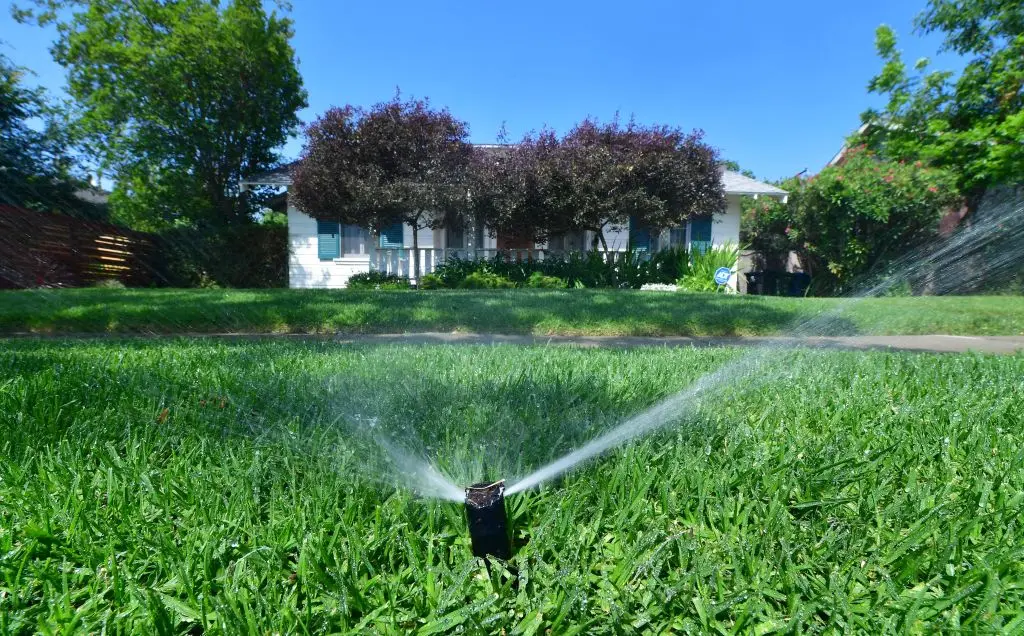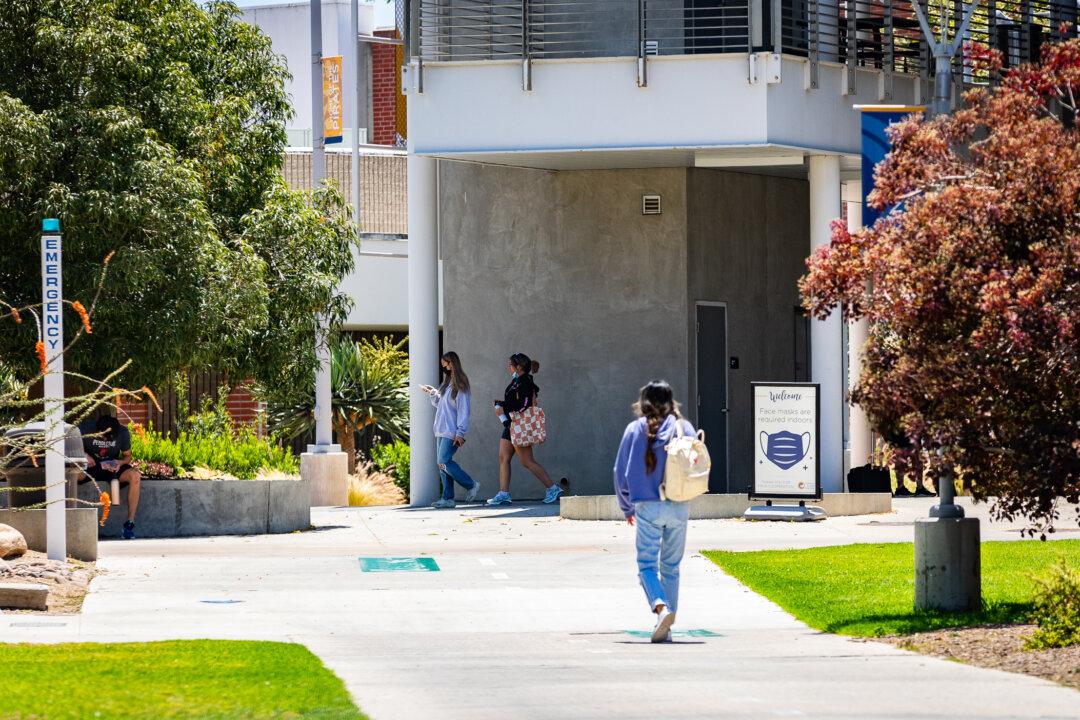The Los Angeles Department of Water and Power (LADWP) announced on Nov. 1 an economic relief program of approximately $300 million to reduce utility debt for over 250,000 qualifying low-income customers who have been financially harmed by the COVID-19 pandemic.
As the “most comprehensive” utility debt assistance initiative in the city’s history, the program aims to assist low-income customers falling behind on their utility bills before the pandemic.




